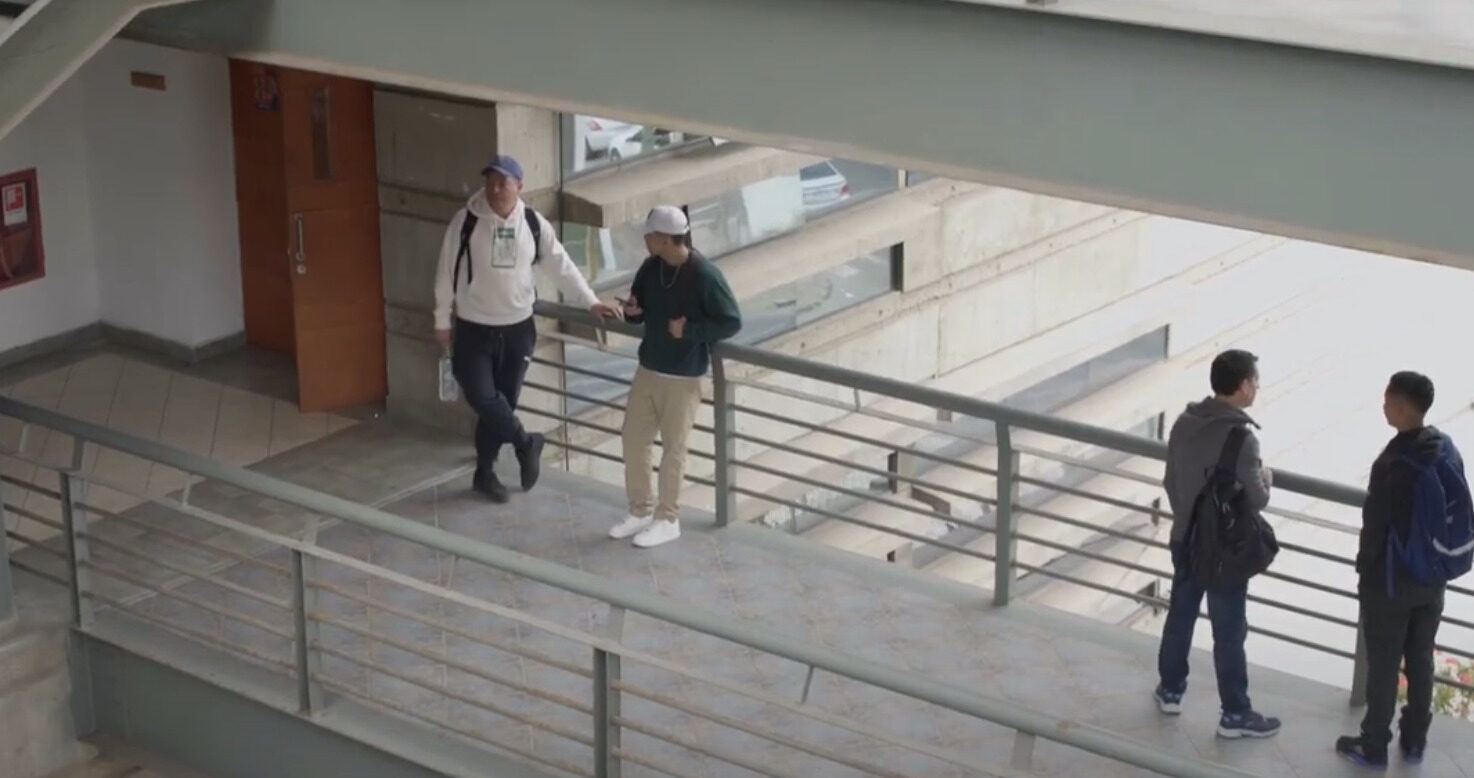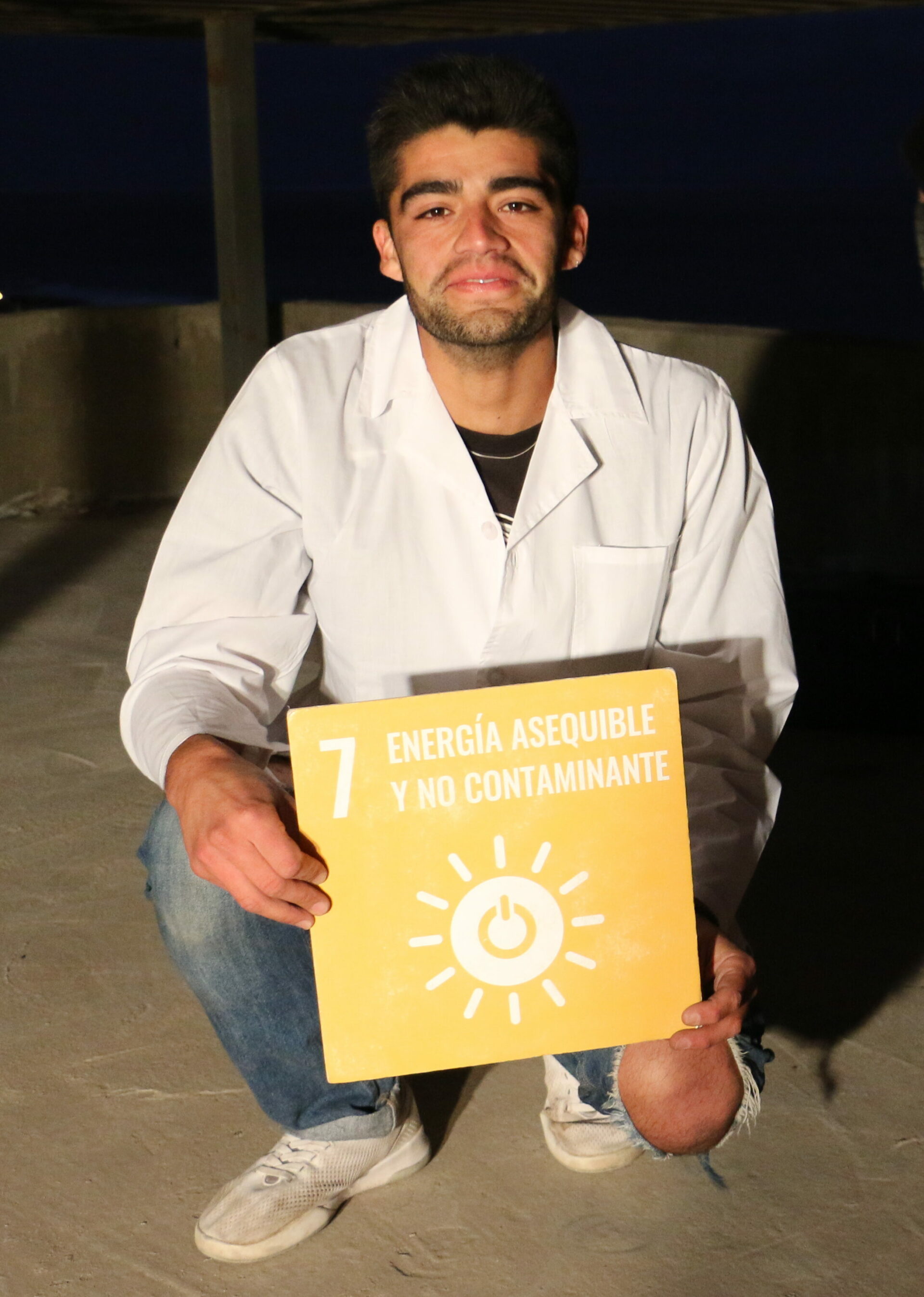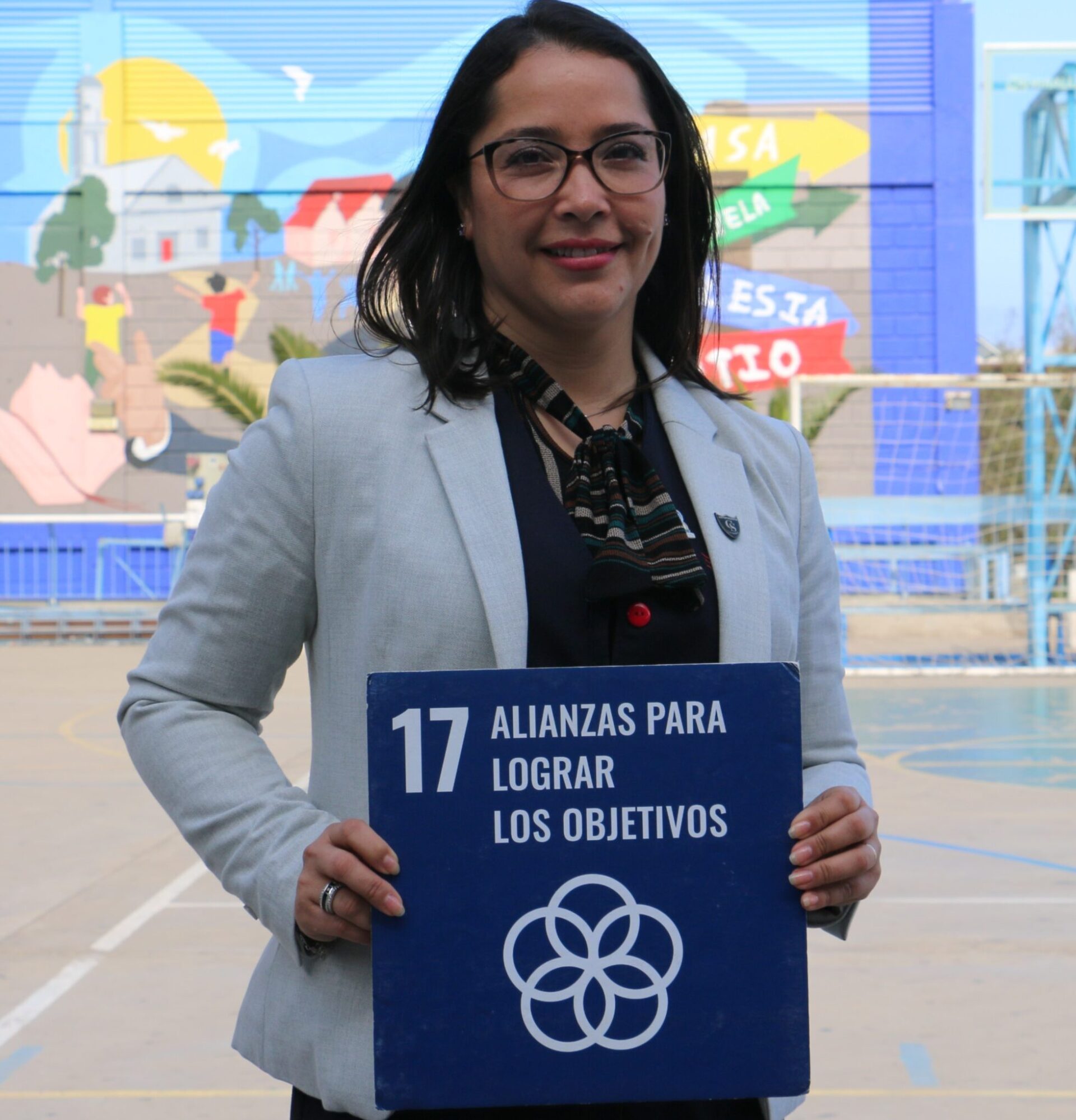
199 students
participated in an eco-construction workshop
Project B01 supported the revision and curricular improvement of two study programs (electricity and energy efficiency), as well as the development of a short training course on entrepreneurship for women.
The initiative benefited the Centro de Formación Técnica de la Universidad Católica del Norte (CEDUC UCN), Antofagasta, Chile and the Colegio Técnico Industrial (CTI) Don Bosco, Antofagasta, Chile.
This was done in collaboration with local industry, which employs graduates from the participating institutions. In addition to supporting the procurement of energy-efficient educational equipment, the Canadian and Chilean partners worked on curriculum development, the implementation of business services (in terms of improvement, applied research, or technology transfer), and the mainstreaming of gender equality and environmental perspectives.
This was of particular importance for the Colegio Técnico Industrial Don Bosco, which will switch from an all-male school to a co-ed school in 2024. With this transition in mind, the B01 Partnership and CICan carried out activities to familiarize teaching and administrative staff, students, and their parents and guardians with gender equality issues.

The curricular materials were reviewed, as were lesson plans that take gender and industry into account, all while integrating environmental sustainability considerations. Strategies for gender mainstreaming in the curriculum were developed and implemented, and a short-term entrepreneurship course was designed for Indigenous women. In parallel, extracurricular environmental sustainability activities were run, involving students, teachers, and administrative staff.
In addition, leadership and management skills were strengthened, as well as competency-based educational skills for trainers in curriculum development, teaching, and evaluation. Assistance in applied-research activities was also provided.


participated in an eco-construction workshop
was conducted on 149 people
with the aim of discerning staff perceptions of gender equality in the institution and in its curricula
Thanks to an agreement between CEDUC UCN and Women in Mining (WIM) Chile, a campaign was developed with 10 capsules to show the value of the work of women in the mining sector, called “Soy Mujer, Soy Técnica” (I am a woman, I am a technician).
Read what they say about it
“I chose Electricity and Energy Efficiency because I really like caring for the planet and it was very easy and accessible to study in the city… From what they told us, all the new boards and solar panels they bought are for models, which helps us on a practical level to do the hands-on work so we can do it better when we get into our jobs.”

This was achieved through the formation of the Gender and Social Inclusion Committee (Spanish acronym: CGEIS) and the creation of the Institutional Gender Policy and its action plan. In addition, training modules were delivered to teachers and staff on sexual misconduct and harassment- and violence-free workplaces.
This included the installation of 10 photovoltaic panels donated by the Fundación Parque Ecológico Ecorayen, a zero-waste course on sorting different types of plastics and other recyclable waste, a workshop on setting up vegetable gardens, and a gardening workshop held in the front garden of the institution with Vivero Vida Verde de Antofagasta.
This 48-hour course was developed by Niagara College and adapted specifically for CEDUC UCN teachers and administrative staff.
Niagara College performed a needs assessment on the beneficiaries and created this 13-module (110-hour) course to be delivered by CEDUC UCN.
The name of the campaign that was developed under an agreement between CEDUC UCN and Women in Mining (WIM) Chile is Soy Mujer, Soy Técnica (I Am a Woman, I Am a Technician), within the framework of projects B01 and B02. This campaign was created as a result of an analysis of the characteristics of employment in the mining sector and the stereotypes that affect career selection. The campaign includes 12 one-minute videos featuring women who work in the extractive sector, who are successful, and who are accomplished as individuals and professionals. They discuss topics such as sustainable mining, myths about women’s involvement in mining, female leadership in the extractive sector, and innovation and technologies in the industry.
These were tailored to teachers and managers to prepare for the upcoming switch from an all-male to a co-ed school in 2024.
These included tree-planting workshops with automated irrigation aimed at students and teachers to promote a culture of sustainability, as well as to reduce water consumption and contribute to the institution’s environmental certification. An eco-construction workshop was also held, which covered everything from setting up a business to building with daily household waste.
This seminar was delivered by Christina Olsen, Acting Director of Institute Sustainability and Manager of the Centre for Ecocities at the British Columbia Institute of Technology (BCIT).
Hear what they say about it
Kissy Gutiérrez Sotelo
Head of the Educational Improvement Plan, Colegio Técnico Industrial (CTI) Don Bosco, Antofagasta, Chile
